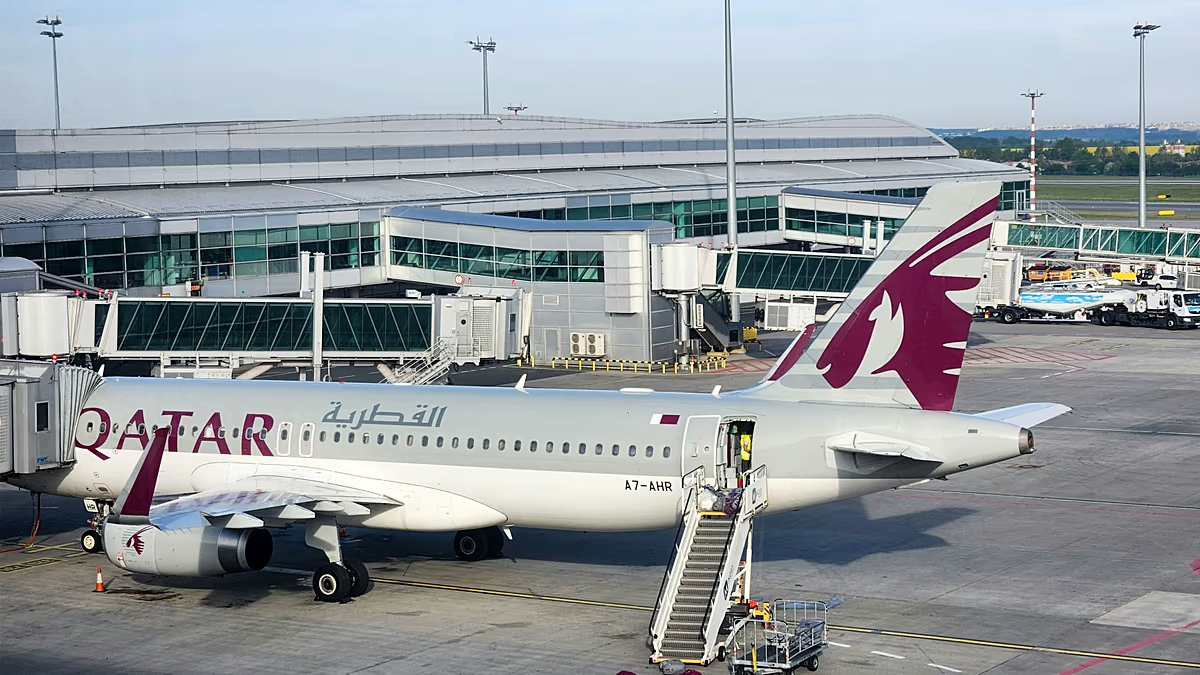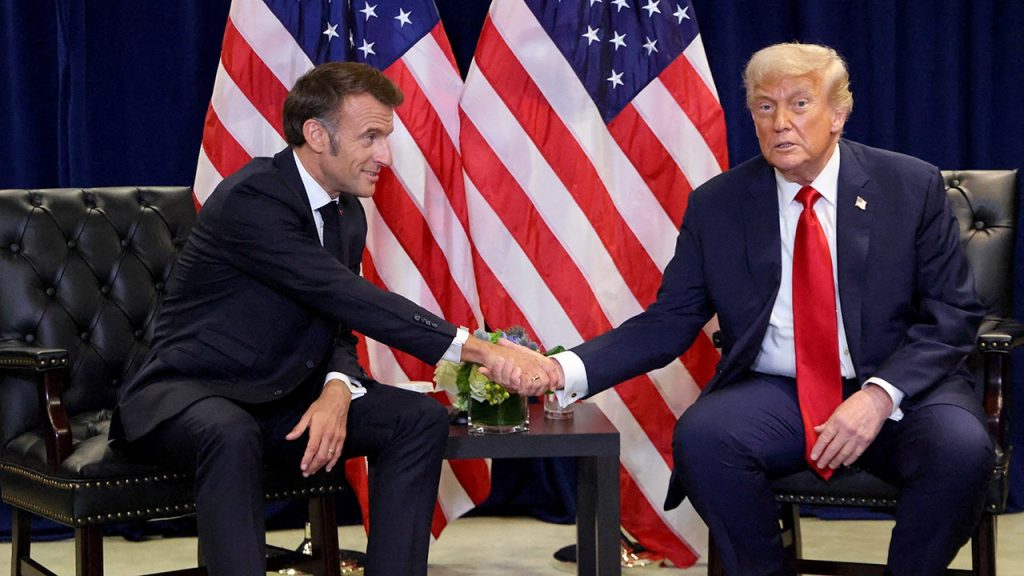France Defends Palestinian State Recognition as Strategic Move, Not Anti-Trump Stance
In an exclusive interview with Fox News Digital during the UN General Assembly in New York, French Foreign Ministry spokesperson Pascal Confavereux pushed back against President Donald Trump’s criticism of France’s initiative to recognize a Palestinian state. While Trump argued that such recognition would reward Hamas for the October 7 attacks, Confavereux insisted the opposite was true – that the French-Saudi led plan was specifically designed to marginalize Hamas while preserving the two-state solution that had been “in mortal danger.” This diplomatic disagreement highlights the complex dynamics of Middle East peace efforts as different world leaders propose competing visions for resolving the Israeli-Palestinian conflict.
Confavereux emphatically rejected any characterization of President Emmanuel Macron’s actions as positioning himself as an “anti-Trump” figure on the global stage. He emphasized that the relationship between the two leaders remains strong despite their visible differences at the UN, noting they maintain “very intense discussions” on numerous issues and had spoken again just the previous day. The spokesperson framed the French initiative not as opposition to Trump’s policies but as a natural extension of them, drawing a direct connection to Trump’s first-term diplomatic achievement: “What were the Abraham Accords of the first Trump administration? They gave reassurance to neighboring Arab countries, and in exchange, they established stronger ties with Israel. Here, the logic is totally coherent with what we are doing.” He even suggested the current initiative could pave the way for “a kind of Abraham Two,” implying their efforts could complement rather than contradict Trump’s approach.
The French-Saudi initiative, as Confavereux explained, is far more nuanced than simply recognizing Palestinian statehood. It represents a comprehensive package that includes several critical elements: a clear condemnation of the October 7 massacre, explicit exclusion of Hamas from any future Palestinian government, governance reforms by the Palestinian Authority, and detailed planning for reconstruction and regional integration. “All these pieces of the puzzle were put together by this initiative,” he said, positioning it as a pragmatic solution to preserve the two-state framework that might otherwise collapse entirely. This comprehensive approach directly counters Trump’s assertion that recognition would merely reward terrorism, with Confavereux arguing, “This is exactly a defeat of Hamas. Hamas doesn’t want two states, Hamas wants ‘from the river to the sea.’ It’s exactly against that this initiative was prepared.”
When asked about criticisms that Macron’s international activism might be an attempt to bolster his legacy amid domestic political struggles and low approval ratings at home, the spokesperson strategically declined to comment. However, French officials clearly take pride in the broad international support their initiative has garnered. The “Declaration of New York,” formally adopted at the General Assembly with backing from 142 states, represents what France sees as a significant diplomatic achievement. “It was a long effort, but it shows there is an international majority determined to keep the two-state solution alive,” Confavereux noted, underscoring the global consensus they’ve helped forge despite opposition from figures like Trump.
The discussion also touched on another major international flashpoint – the ongoing war in Ukraine. When asked about Trump’s recent statement on Truth Social that Ukraine is positioned to “WIN all of Ukraine back in its original form” with European support, Confavereux expressed appreciation for Trump’s comments. This positive response suggests potential common ground between European leaders and Trump on supporting Ukraine’s territorial integrity, despite differences on other foreign policy matters. The spokesperson took the opportunity to criticize Russia’s actions directly: “What we can see is that President Putin is not at all wanting peace — he’s sending bombs and drones in Ukraine, he’s violating NATO territory in Poland, Estonia, Romania.” He also highlighted Russia’s limited military progress, claiming they had gained “less than 1% of Ukrainian territory in 1,000 days,” which he suggested would not diminish international resolve to support Ukraine.
The French position, as articulated by Confavereux, reflects a carefully calibrated diplomatic strategy that seeks to balance multiple objectives: preserving the two-state solution, marginalizing Hamas, maintaining strong relations with the United States (regardless of administration), building international consensus, and positioning France as a key mediator in global conflicts. While clearly diverging from Trump’s approach on Palestinian statehood, French officials are careful to frame their initiative as complementary to, rather than contradictory of, previous U.S. peace efforts in the Middle East. This diplomatic balancing act illustrates the complex interplay between different Western approaches to addressing long-standing international conflicts, with each side claiming their strategy best serves the ultimate goal of sustainable peace and security.















